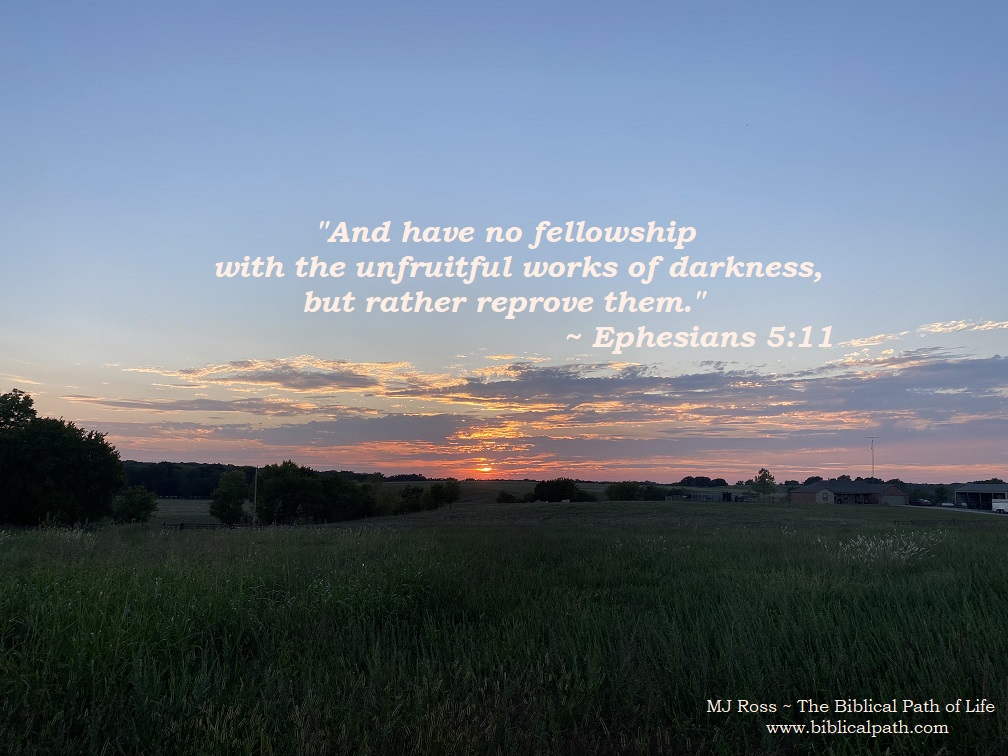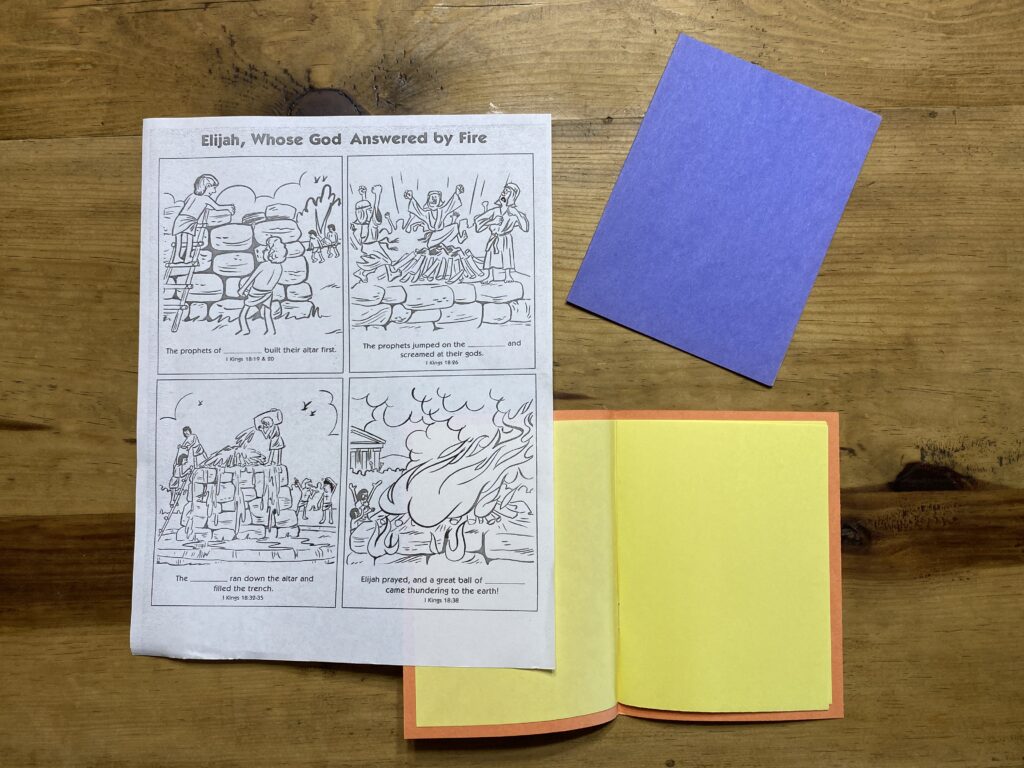
“Thou shalt be visited of the LORD of hosts with thunder, and with earthquake, and great noise, with storm and tempest, and the flame of devouring fire”
Isaiah 29:6
God often uses the weather to speak. “Thou shalt be visited of the LORD of hosts with thunder, and with earthquake, and great noise, with storm and tempest, and the flame of devouring fire” (Isaiah 29:6). Sometimes God visits man with thunder, earthquake, or storms. He may even send droughts.
There is one memorable time where God dwelt with His people through a three and a half year drought. It was in the days of King Ahab and Jezebel (see 1 Kings 17-18). God sent Elijah to warn King Ahab. This even culminated in a memorable event on Mount Carmel. Consider a few of the people involved.
Elijah was a great prophet of the Lord. He was vocal for God.
King Ahab and Jezebel (his wife) were wicked and worshiped Baal (see 1 Kings 16:30-33). Ahab said Elijah was a trouble maker, but Ahab was the one who troubled Israel (see 1 Kings 18:17-18).
There was a man named Obadiah, who was a compromiser (see 1 Kings 18:3-6). Obadiah feared the Lord, but he was a servant of wicked King Ahab. During this great drought, Obadiah was looking for grass. No mention of prayer in repentance or asking God for rain. Instead, he was just trying to survive. No one knew that he served the Lord but those men he hid. When Elijah met him, Obadiah had to explain to Elijah that he feared the Lord. Elijah told Obadiah to deliver a message to King Ahab, and Obadiah reluctantly obeyed (see 1 Kings 18:7-16).
Notice the state of the Isrelites. They appeared confused (see 1 Kings 18:19-21). When Elijah asked the question, who is God – the people had no answer. It was as if they did not know enough about God to know that He is God.
Elijah presented a challenge (see 1 Kings 18:22-35), and whoever answered by fire is the true God.
After the prophets of Baal had their opportunity, Elijah restored the broken down alter of the Lord and prepared the burnt sacrifice. When it came time for the evening sacrifice, Elijah prayed. “36. And it came to pass at the time of the offering of the evening sacrifice, that Elijah the prophet came near, and said, LORD God of Abraham, Isaac, and of Israel, let it be known this day that thou art God in Israel, and that I am thy servant, and that I have done all these things at thy word. 37. Hear me, O LORD, hear me, that this people may know that thou art the LORD God, and that thou hast turned their heart back again” (1 Kings 18:36-37). God answered with fire from heaven. “Then the fire of the LORD fell, and consumed the burnt sacrifice, and the wood, and the stones, and the dust, and licked up the water that was in the trench” (1 Kings 18:38). The fire consumed the sacrifice, the water, the wood and the stones. When the fire fell, the people believed and declared God was the God. It wasn’t until then that the people recognized God is the God (see 1 Kings 18:39).
With this response (and the destruction of the prophets of Baal by death), God told Elijah to pray for rain. Elijah prayed, and God sent the rain. The drought ended.
Remembering that God often uses the weather to speak, consider the following.
Living in the capital of Tornado Alley can be interesting at times. Often the weather is volatile, and ever changing. Late one night, ripe tornado conditions appeared. It was later declared an EF-3 tornado that traveled about 24 miles, right through a town. In a populated area, this can cause tremendous damage and death. Although this tornado struck in the middle of the night, passing through town, there were only two lives lost in this storm. Surveying the damage the next day, one could notice that although it was extremely damaging, many of the monstrous trees missed or only clipped homes and property. Although there were several homes, churches, and businesses damaged. a majority of those huge trees were just blown over. Some were only stripped of leaves and limbs while still standing. Yes, the power lines that were taken out and the utility poles that were destroyed were many. Yet, even though this tornado was disastrous, it could have been so much worse.
After this, I was reminded that God does use the storms. God often sends a warning. He gives people the opportunity to acknowledge Him, and to respond in repentance before He sends catastrophic judgment. Remember that God sent Jonah to warn Nineveh of pending doom because of their wickedness before God. The entire city repented, and God turned from the wrath they deserved because of that repentance. About one hundred years later, the people of Nineveh forgot God. Read the following verses from the book of Nahum: “3. The LORD is slow to anger, and great in power, and will not at all acquit the wicked: the LORD hath his way in the whirlwind and in the storm, and the clouds are the dust of his feet… 6. Who can stand before his indignation? and who can abide in the fierceness of his anger? his fury is poured out like fire, and the rocks are thrown down by him. 7. The LORD is good, a strong hold in the day of trouble; and he knoweth them that trust in him” (Nahum 1:2-7). The book of Nahum was written to proclaim judgment upon Nineveh for turning away from God.
“26. For if we sin wilfully after that we have received the knowledge of the truth, there remaineth no more sacrifice for sins, 27. But a certain fearful looking for of judgment and fiery indignation, which shall devour the adversaries” (Hebrews 10:26-27).
To which person can you identify:
- are you vocal for God (like Elijah)
- are you wicked and a troubler (like Ahab and Jezebel)
- are you a compromiser, who has to explain you fear God (like Obadiah)
- are you confused, not knowing who God is (like the Isralites)
Do you recognize God’s warnings for repentance in your life, turning and avoiding His judgment?



